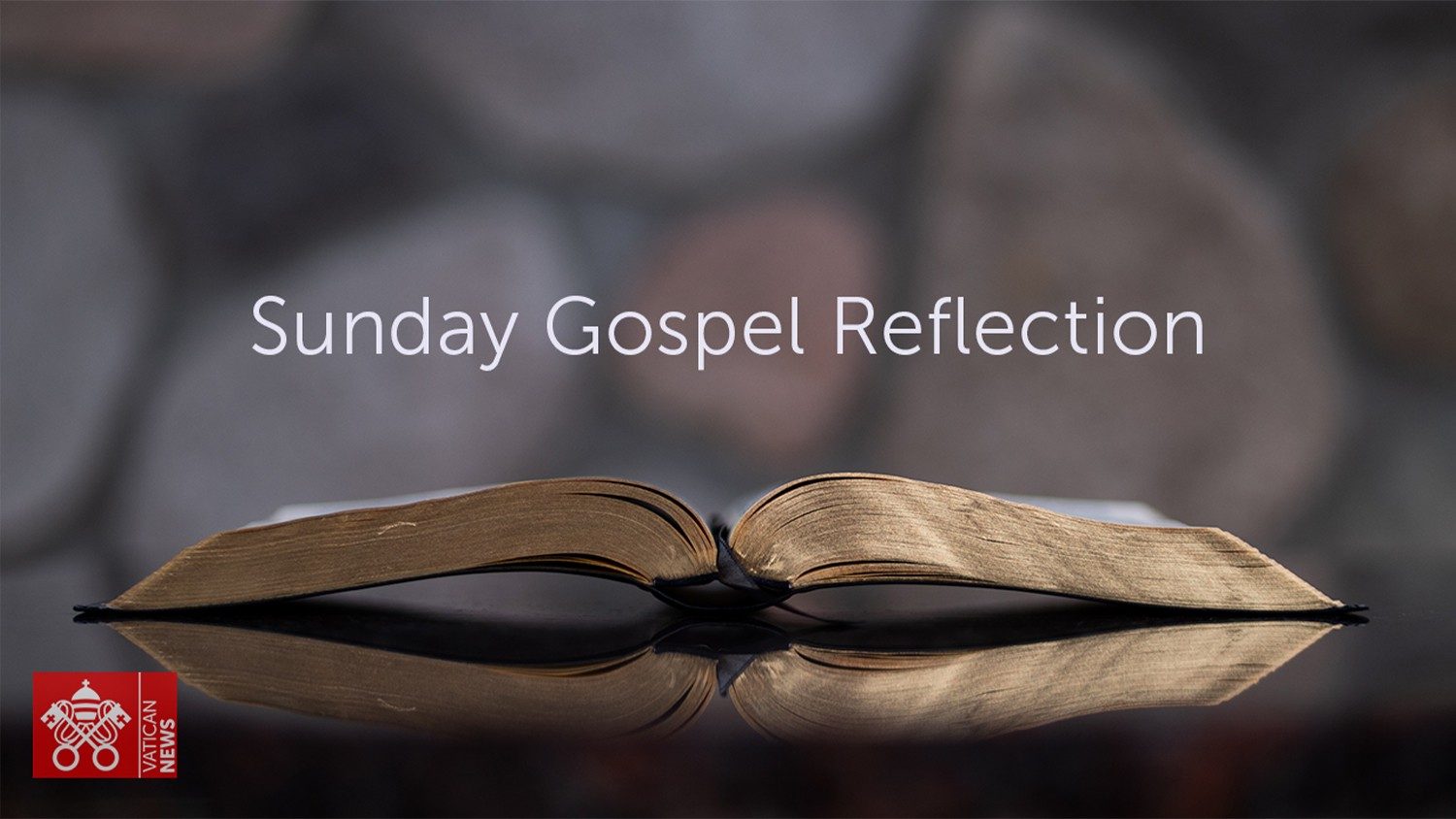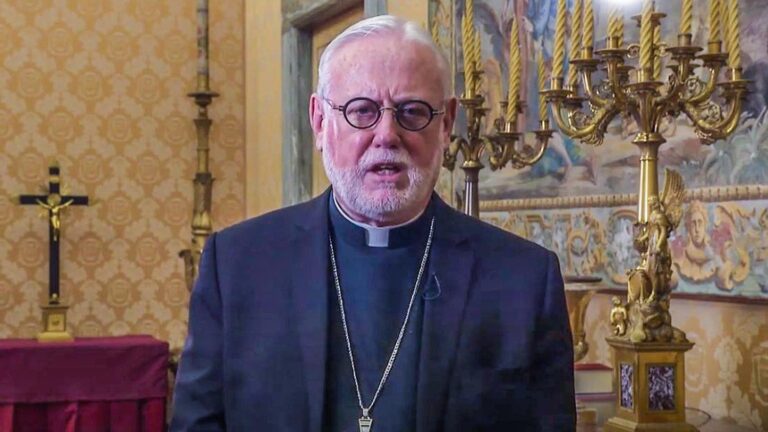Lord’s Day Reflection: ‘‘I am the Good Shepherd’
Vatican news
As the Church celebrates the Fourth Sunday of Easter, Fr Edmund Power, OSB, offers his reflections on the day's liturgical readings under the theme: “I am the Good Shepherd”.
By Fr. Edmund Power, OSB
The fourth Sunday of Easter is traditionally known as “Good Shepherd Sunday” because, for each of the three years of the cycle, the gospel is taken from John 10 in which Jesus develops an extended metaphor of the shepherd and the sheep.
In the first words of today’s Gospel, he proclaims: “I am the good shepherd.”
The adjective “good” in the Greek text is curious: its original meaning was “beautiful”, and from there it developed in a personal/moral direction.
Beauty, no matter what level we consider it, attracts us. “You hand a green twig to a sheep and you draw it,” says Saint Augustine. It is the beauty of the Lord that attracts the sheep to follow him.
The application of the Gospel image is clear: we, his disciples, are the sheep. It may not be very appealing to be considered a sheep, but the central proclamation today is that the Lord is completely dedicated to us and will work all things for our good – a welcoming and encouraging message in a time of confusion.
Looking more closely at the text, we notice two pairs of contrasts: the first is between the shepherd and the mercenary; the second is between the sheep and the wolf.
The mercenary may be efficient, but at the first sign of danger, he abandons the sheep and flees, driven by the selfish domination of the ego.
The shepherd, on the other hand, knows his sheep and clearly loves them: the phrase lay down one's life is repeated in various ways four times in the text. The motive in this case is a self-sacrificing love that, almost recklessly, fails to appreciate its price.
Sheep are passive and “gregarious”; we may think of them as unintelligent, but they have two inspired qualities: they respond to the shepherd's “beauty” with gratitude and trust, and they listen to his voice.
The wolf is the bestial counterpart of the mercenary and symbolizes greed (tears them away) and division (scatters them). We may remember that the Greek verb that generated our “diabolical” originally meant to oppose or divide.
Let's not be naive: none of us is fully on the side of the shepherd/Breton, and in everyone there are traces of the mercenary/wolf.
The Gospel, while proclaiming the paschal compassion of Jesus, indirectly poses a moral challenge to us. Dying to self to live with Christ, which is at the heart of our baptism, involves a constant commitment to rooting out the mercenary and the wolf within us. This task will not end until the end.
Vatican news
sc






